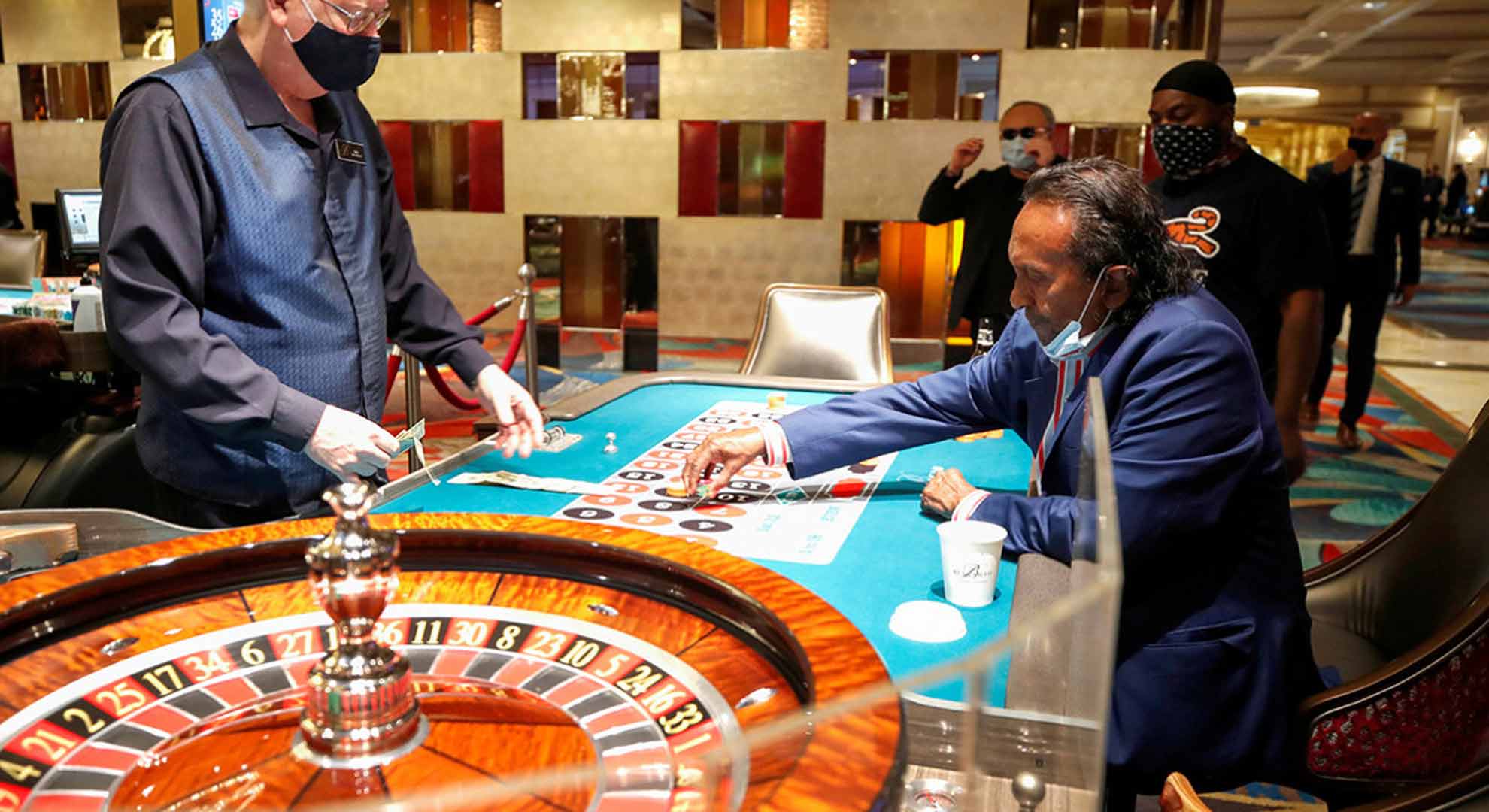The Global Rivalry of Casino Capitals

The Global Rivalry of Casino Capitals
The allure of bright lights, the thrill of the gamble, and the promise of luxury have fueled the rise of global casino capitals. For decades, these destinations have competed fiercely for the attention and wallets of high-rollers and casual tourists alike. From the desert oasis of Las Vegas to the vibrant streets of Macau and the futuristic skyline of Singapore, the rivalry is intense, constantly evolving, and profoundly impacting global tourism and entertainment industries.
Historically, Las Vegas stood as the undisputed champion. Born from a dusty railroad stop, it transformed into the "Entertainment Capital of the World," synonymous with iconic resorts, legendary performers, and round-the-clock excitement. The Las Vegas Strip, a dazzling stretch of themed hotels and mega-casinos, pioneered the concept of the integrated resort – offering not just gambling, but also world-class dining, shopping, shows, and convention facilities. Its appeal was broad, attracting everyone from baccarat enthusiasts to families seeking entertainment. While facing challenges from newer markets and shifting consumer preferences, Las Vegas continues to innovate, reinventing itself to maintain its magnetic pull on visitors from across the globe, solidifying its status as a premier global gambling destination.
However, the 21st century heralded the emergence of a new powerhouse: Macau. Once a sleepy Portuguese colony, Macau rapidly transformed into the "Gambling Capital of the World," surpassing Las Vegas in terms of gaming revenue. Its proximity to mainland China, coupled with the rising affluence of Chinese consumers, fueled an explosive growth driven largely by VIP baccarat play. Mega-casinos like The Venetian Macao and City of Dreams dominate its Cotai Strip, offering a blend of gaming, retail, and entertainment tailored to the Asian market. While recent years have seen Macau navigate tighter regulations and a push towards diversification beyond pure gambling, its sheer scale and revenue generation remain unparalleled in the global gaming industry.
Not to be outdone, Singapore entered the fray with a unique and highly successful model. With the opening of Marina Bay Sands and Resorts World Sentosa, Singapore embraced the integrated resort concept with a focus on luxury, MICE (Meetings, Incentives, Conferences, and Exhibitions) tourism, and family-friendly attractions. Unlike Macau's heavy reliance on high-stakes gambling, Singapore's casinos were designed to be part of a broader tourism strategy, attracting a more diverse visitor base and generating substantial non-gaming revenue. Their strategic location, world-class infrastructure, and carefully regulated environment have cemented Singapore's position as a premium casino destination, showcasing a balanced approach to the gaming industry and luxury travel.
Beyond these titans, other notable players contribute to the global tapestry of casino capitals. Monaco, with its legendary Monte Carlo Casino, retains its niche as an exclusive, high-end destination catering to the elite and luxury travelers. London boasts a collection of private gaming clubs and traditional casinos, while emerging markets in Asia, like the Philippines and Vietnam, are developing their own integrated resorts to capture a share of the burgeoning Asian gaming market. Even Japan, after years of deliberation, is moving towards legalizing integrated resorts, potentially creating another major contender in the coming decade, promising massive investment and new levels of luxury and entertainment hubs.
The rivalry isn't just about physical brick-and-mortar establishments. The digital age has introduced a new dimension to the gaming landscape. As technology advances, online casinos and sports betting platforms have grown exponentially, offering convenience and accessibility that traditional casinos cannot match. This shift impacts how casino capitals strategize, pushing them to enhance their unique experiential offerings. Many players now seek digital alternatives for their gaming needs, whether it's for classic table games or exploring various slots. For those interested in understanding the potential returns in online gaming, checking a reliable source for rtp slot m88 can provide valuable insights into slot machine payouts and volatility, becoming a crucial factor for online enthusiasts in the global gaming market.
The economic impact of these casino capitals is undeniable. They are engines of job creation, tourism revenue, and infrastructure development, contributing significantly to their respective national and regional economies. However, their success also brings challenges, including social concerns, regulatory complexities, and the need for constant innovation to remain competitive. The future of the global casino rivalry will likely involve a continued focus on diversification beyond pure gaming, leveraging technology to enhance the customer experience, and adapting to geopolitical and economic shifts. The competition for the ultimate gaming and entertainment destination remains fierce, promising a future of continued evolution and dazzling spectacle in the world of gambling destinations.